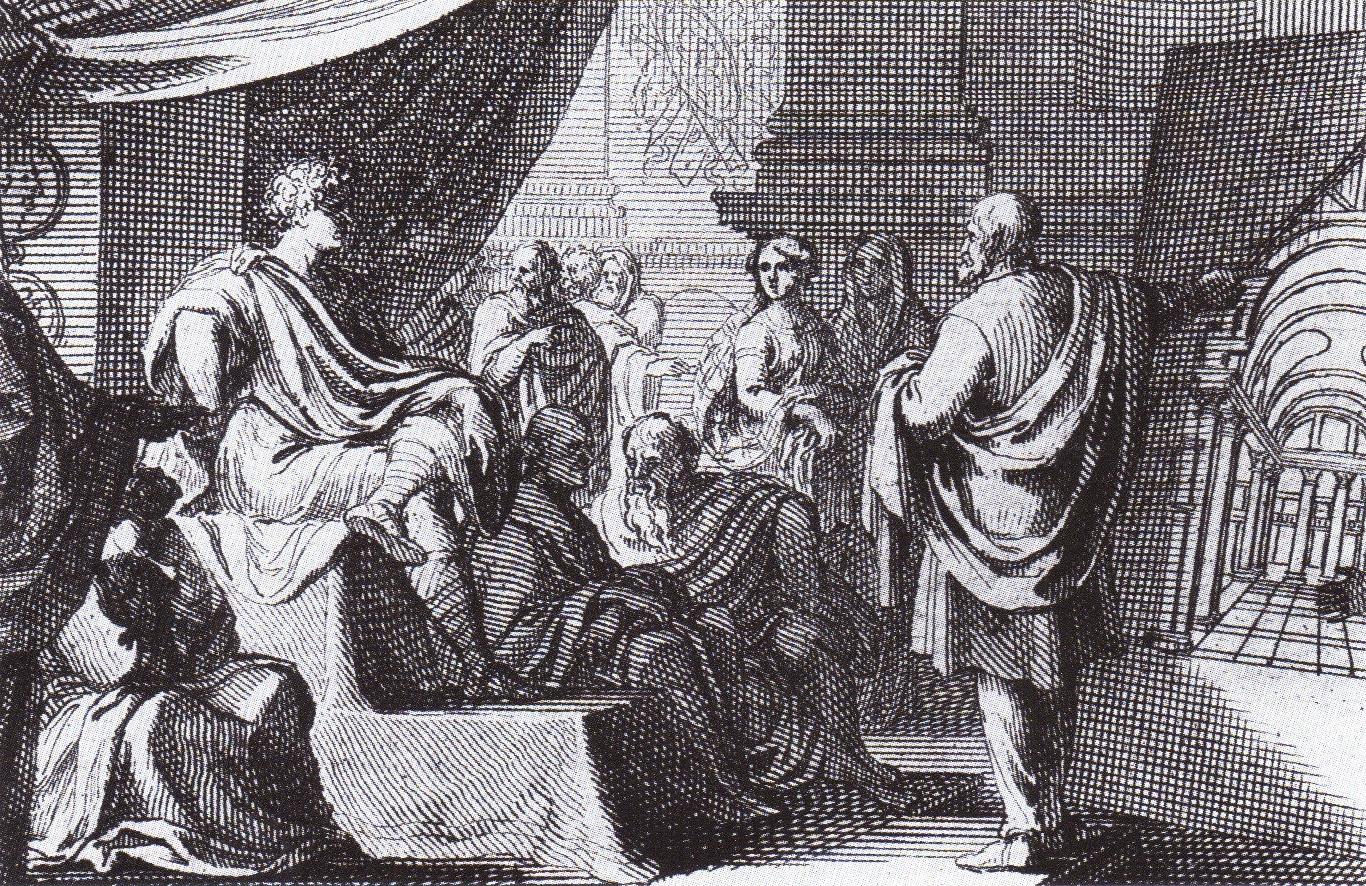Vitrúvio Frases famosas
La scienza dell'architetto si adorna di molte discipline e di svariata erudizione: egli deve essere in grado di giudicare tutte quelle opere che le singole arti costruiscono.
Vitruvio como citado in Architterura civile - Página 5, Guarino Guarini - Edizione il Polifilo, 1968 - 471 páginas
Vitrúvio: Frases em inglês
Fonte: De architectura (The Ten Books On Architecture) (~ 15BC), Book VI, Chapter I, Sec. 4
Fonte: De architectura (The Ten Books On Architecture) (~ 15BC), Book II, Chapter I, Sec. 2
Fonte: De architectura (The Ten Books On Architecture) (~ 15BC), Book IV, Chapter I, Sec. 8
Fonte: De architectura (The Ten Books On Architecture) (~ 15BC), Book I, Chapter IV, Sec. 5
Fonte: De architectura (The Ten Books On Architecture) (~ 15BC), Book V, Chapter V, Sec. 3
Fonte: De architectura (The Ten Books On Architecture) (~ 15BC), Book X, Chapter XVI, Sec. 1
Introduction, Sec. 3
De architectura (The Ten Books On Architecture) (~ 15BC), Book II
Introduction, Sec. 1
De architectura (The Ten Books On Architecture) (~ 15BC), Book VII
Fonte: De architectura (The Ten Books On Architecture) (~ 15BC), Book I, Chapter I, Sec. 3
Fonte: De architectura (The Ten Books On Architecture) (~ 15BC), Book I, Chapter I, Sec. 11
Introduction, Sec. 4
De architectura (The Ten Books On Architecture) (~ 15BC), Book II
Fonte: De architectura (The Ten Books On Architecture) (~ 15BC), Book I, Chapter II, Sec. 3
“the gravity of a substance depends not on the amount of its weight, but on its nature.”
Fonte: De architectura (The Ten Books On Architecture) (~ 15BC), Book VII, Chapter VIII, Sec. 3
Fonte: De architectura (The Ten Books On Architecture) (~ 15BC), Book II, Chapter IX, Sec. 13
Fonte: De architectura (The Ten Books On Architecture) (~ 15BC), Book IX, Chapter I, Sec. 5
Fonte: De architectura (The Ten Books On Architecture) (~ 15BC), Book II, Chapter VIII, Sec. 4
Fonte: De architectura (The Ten Books On Architecture) (~ 15BC), Book II, Chapter IX, Sec. 7
Introduction, Sec. 4
De architectura (The Ten Books On Architecture) (~ 15BC), Book II
Fonte: De architectura (The Ten Books On Architecture) (~ 15BC), Book VII, Chapter III, Sec. 8
Fonte: De architectura (The Ten Books On Architecture) (~ 15BC), Book VI, Chapter II, Sec. 1
Fonte: De architectura (The Ten Books On Architecture) (~ 15BC), Book II, Chapter I, Sec. 6
Fonte: De architectura (The Ten Books On Architecture) (~ 15BC), Book VII, Chapter III, Sec. 5
Fonte: De architectura (The Ten Books On Architecture) (~ 15BC), Book I, Chapter I, Sec. 3
